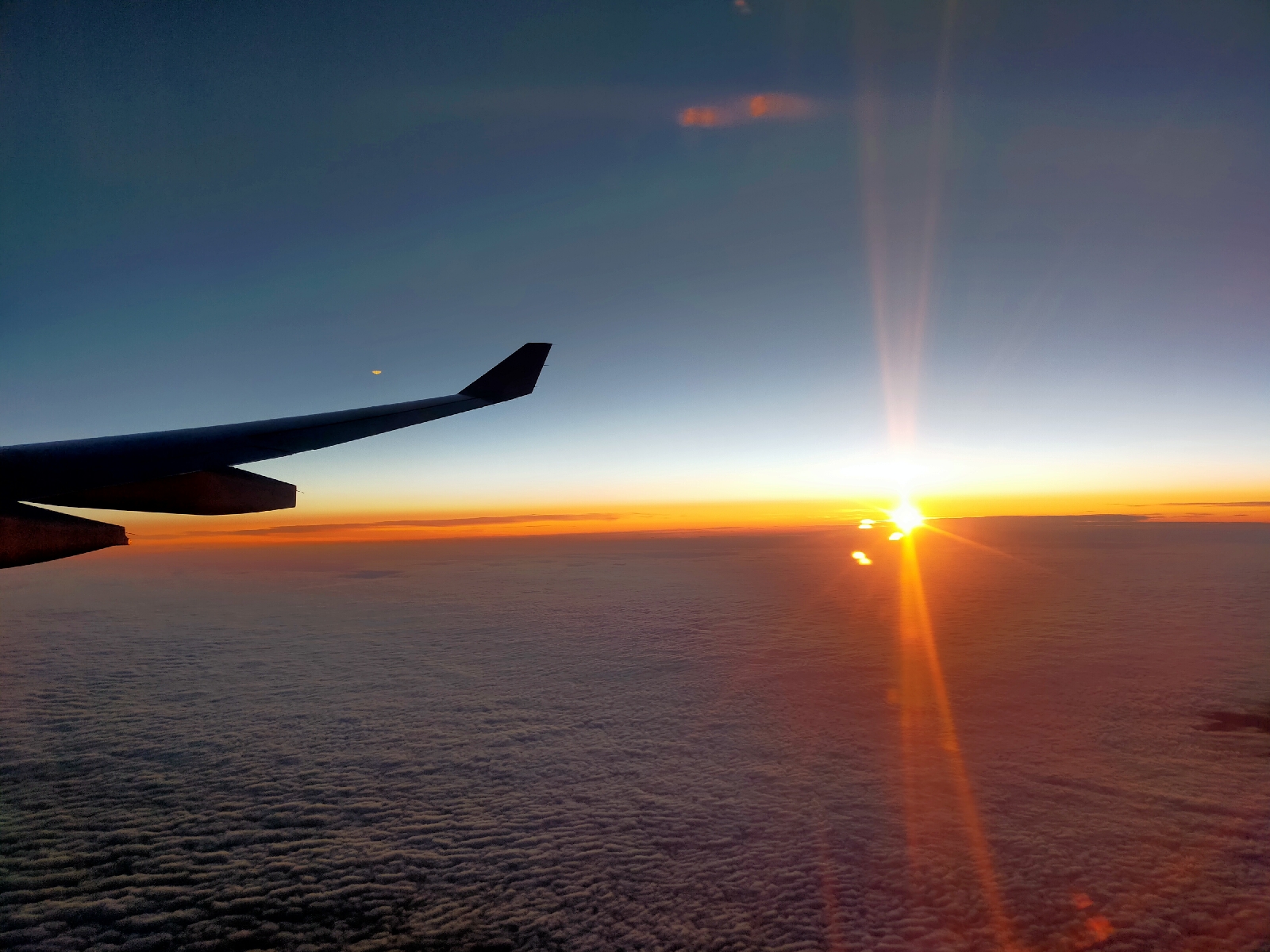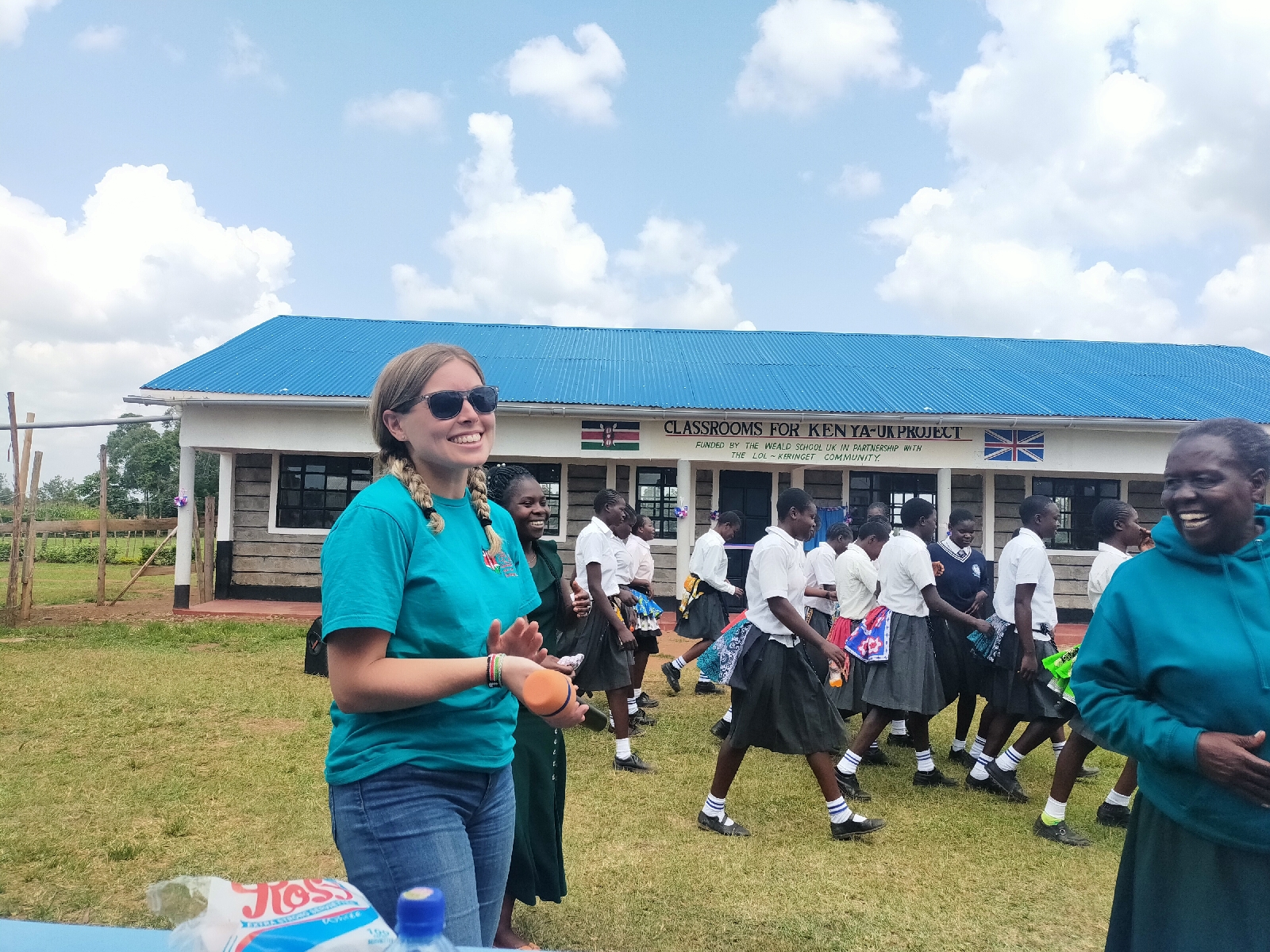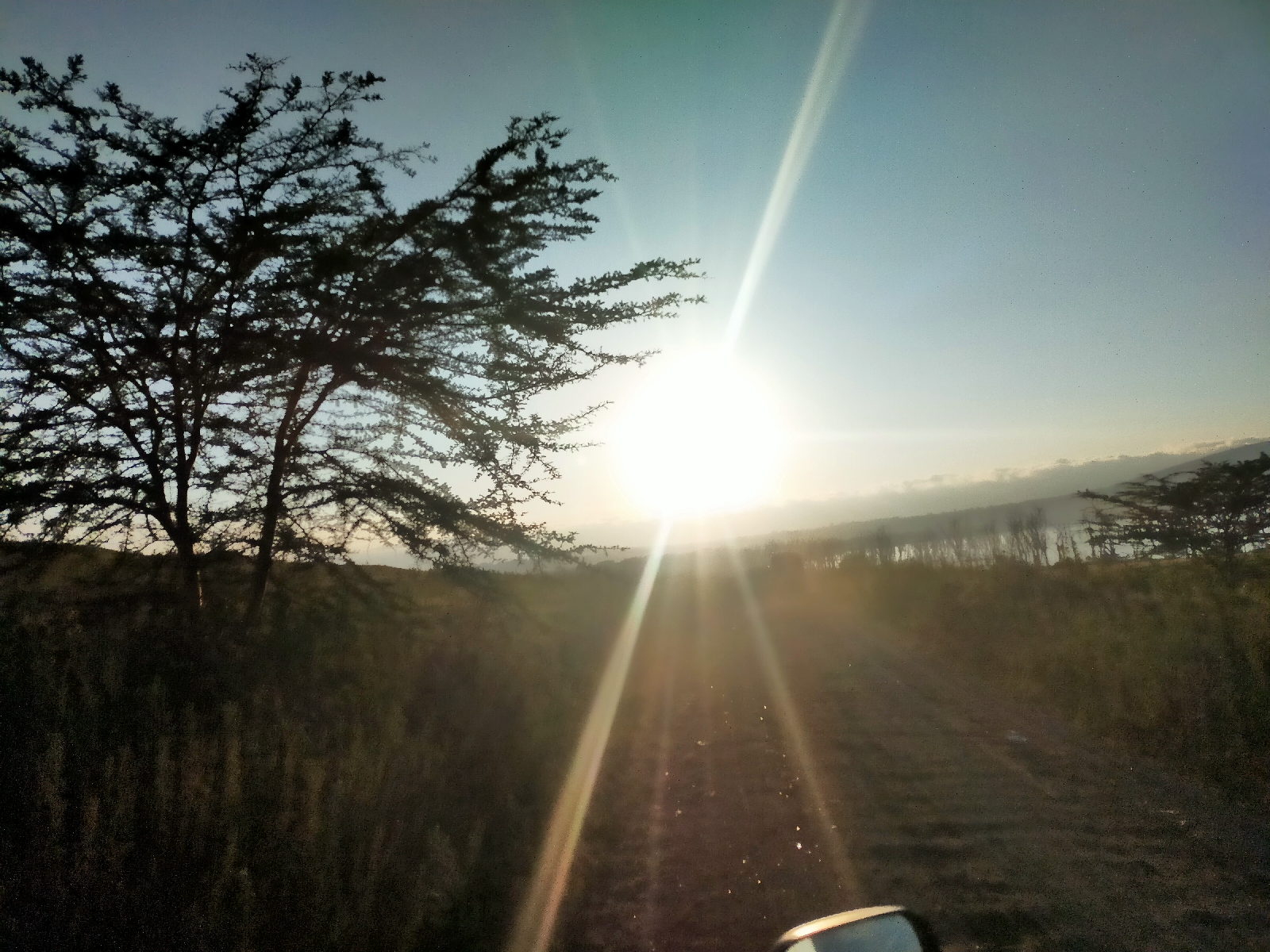Day 4 Saturday
Saturday was a chance to see some of the local facilities, visit the baby orphanage, go for a swim and pop into town. All things that seem like a regular Saturday in most parts of the world, with the exception of the orphanage. However, here in Kitale, there are precautions that we have to take in order to keep this as safe as possible.
So this morning, I popped into town straight after breakfast to see the market and assess whether it would be sensible to take the students through it. I was expecting to be swamped with street children and beggars looking to get some money but really we were able to walk really freely through the city. Only a couple of people came but no one that really caused us any real trouble.
Then off to the Kitale Club for a swim and lunch. The Kitale Club is a traditional golf course that has been well maintained since colonial times and is clearly frequented by the wealthiest parts of society. There are rules in the club that had to be observed and the behaviour of our students could not bring the club into disrepute. No shorts or hats are to be worn in the clubhouse, and we all had to be respectful of the other guests in the club. It is clearly a place where some people come to play golf, have meetings and others come to enjoy a drink or a meal. We used to use the club as our base but our move to the more homely feel of the Karibuni, in my opinion, was a positive step.
Lunch was swiftly followed by splitting the team in two, with the groups either going off to visit the Mercy Rescue Centre or popping into town for some shopping. I took the first group to the Mercy Rescue Centre, which supports children that have usually been abandoned by their mothers at a very young age. The stories behind where these children are left, or how young they are when they are found are extremely upsetting. I totally understand how this can happen with the extremely high number of teenage pregnancies or babies with clear disabilities or handicaps. Jedidah, Sally and their team are supported by a charity in Cornwall, and their work usually involves them locating family members and trying to place the children back into their communities or in some cases, foster families or adoption. Some of the babies we saw today were days old!
The original plan for the trip into town was changed from plan A and B to plan C as there were a lot more people around and the first trip ended up being surrounded by a number of beggars and street children. This was also true of the second trip. We came out of the supermarket and the bus was already being surrounded by the children. These kids live day to day with a bottle of solvent that sniff all day long and they beg for food and to buy the next amount of glue or solvent. This is no life for any child but it would be an impossible task to tackle. These children live on the street and have no homes or families to go to.
However, whilst I was in the supermarket, I spoke to a local and he was really interested to learn about the UK from me and I was a little taken aback by the questions that he asked. In fairness, I was the first white person he really had had an opportunity to speak to in his life. He asked about King Charles and how much of a rule he had and wanted to know about the House of Lords, shopping, and food in the UK. It was really interesting to talk to someone that had clearly been educated but didn't understand that our king wasn't in control of the country. We spoke for a good 15 minutes and I was really happy to talk with him.
This interaction in the supermarket compounds my belief that our trip here is about supporting education in multiple ways. The construction of the physical classrooms is transformational work and a core value for the charity, but this work would happen if we simply raised the money to support the schools. Not that raising money is ever simple but this really is only a small part of the story.
The real opportunity for us all here is in the interactions of our communities. The chance meeting of a Kenyan and a Munzungu in a Kitale supermarket was an instant opportunity to break down our barriers, and our misconceptions, and a real chance to simply be learners of each other. In our school, we have less than 10% from a non-white British background, and here I chanced upon a man that had in his 40s who had never previously met a white man let alone had a chance to simply ask questions.
I am certain he left there that day feeling happy and would be telling his family about the day he met a muzungu in a supermarket.





Comments
Post a Comment